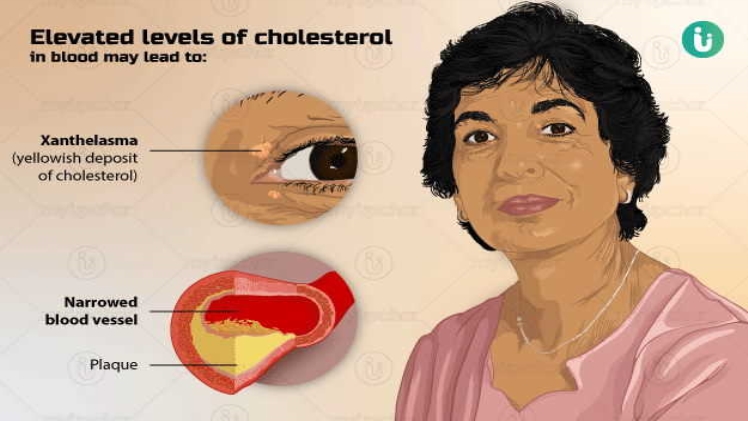High cholesterol is a common condition affecting about ninety-four million people in the United States. This condition can present without showing any symptoms, so you may not know you have it until you get a test. Boynton Beach high cholesterol can lead to fatty deposits in your blood vessels. These fatty deposits can grow with time, making it difficult for sufficient blood to flow through your blood vessels, specifically arteries. A healthy lifestyle can reduce the risk of developing high cholesterol.
Causes
To understand the causes of high cholesterol, you need to learn about cholesterol. Cholesterol is an oil-based substance and travels around your body in lipoproteins. Two lipoproteins carry cholesterol, and they include:
- Low-density lipoprotein (LDL): This is the cholesterol harmful to your body.
- High-density lipoprotein (HDL): This type of cholesterol is good for your body. HDL contributes to cell walls’ structure, allows your body to produce vitamin D, and enables your body to make certain hormones.
Some factors can increase your LDL or lower your HDL leading to high cholesterol. These factors include:
Diet: Eating foods high in cholesterol, saturated fats, and trans-fats can increase your risk of developing high cholesterol.
Genetics: Particular genes can be passed down from parents to children leading to high cholesterol. Specific genes instruct your body on how to process cholesterol fats. If your parents have high cholesterol, you have a high chance of developing the condition.
Health conditions: Some health conditions like diabetes and hypothyroidism can increase the risk of high cholesterol.
Smoking: Tobacco use can damage your blood vessels and lower HDL cholesterol leading to high cholesterol. Tobacco can also increase LDL cholesterol, promoting fatty plaque buildup.
Obesity: Being overweight and inactive can lead to high cholesterol. Obesity can lower your HDL.
Complications
Atherosclerosis: If you do not treat high cholesterol, plaque can build up in your arteries. Over time, this plaque narrows your arteries leading to a condition known as atherosclerosis. It is a severe condition that can limit blood flow in your arteries. Atherosclerosis increases your chances of developing blood clots. This condition can lead to other diseases like:
Chest pain: If your coronary arteries are affected by atherosclerosis, you may experience chest pains and other symptoms of coronary artery conditions.
Heart attack: In some cases, plaques can tear or rupture. A blood clot may form at the plaque rupture site, blocking your blood flow. If blood flow stops in any part of your heart, you will get a heart attack.
Stroke: Like a heart attack, stroke happens when a blood clot blocks blood flow to a part of your brain.
Treatment
Lifestyle habits: Regular exercises, eating a healthy diet, avoiding smoking, and losing weight if you are obese can help lower your cholesterol levels.
Medications: In some cases, your doctor can prescribe medications to help lower cholesterol levels. Statins are commonly used drugs. They block your liver from producing cholesterol.
Since high cholesterol does not show symptoms, you should get regular cholesterol tests once every four years. If your family has a history of the condition, get tests more often. Schedule an appointment at Nguyen Medical Group for high cholesterol treatment and support you in making healthy lifestyle choices.

